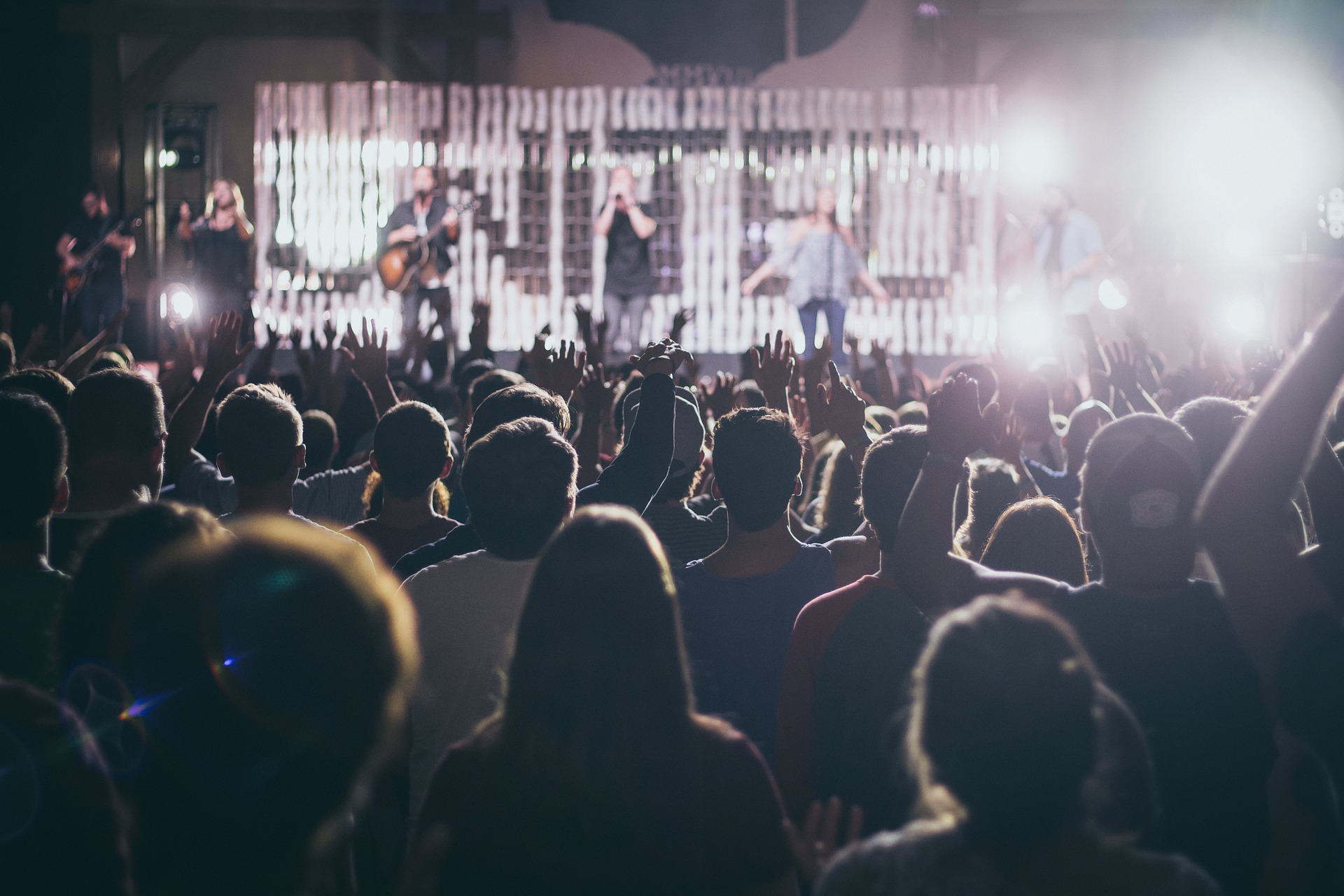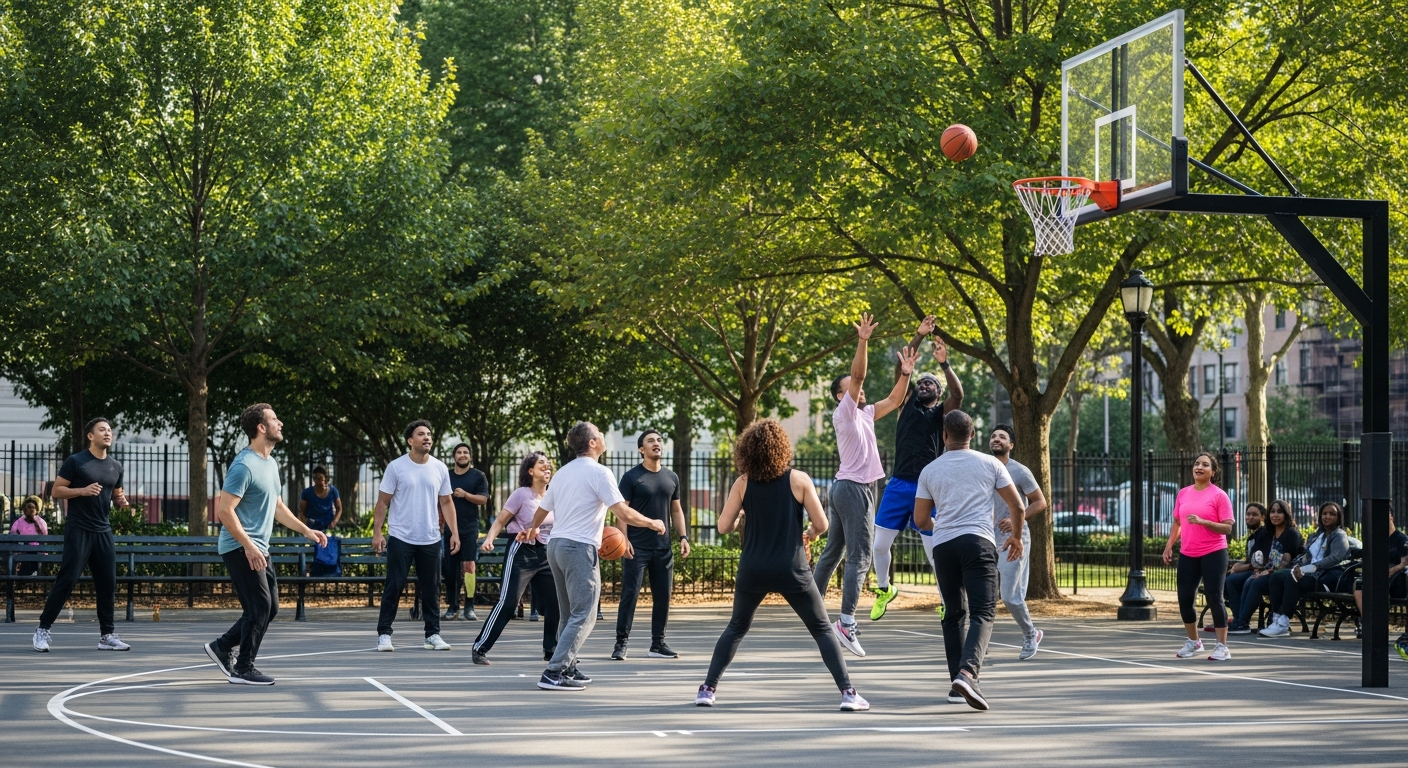Sonic Bonding: The Rise of Intergenerational Music Festivals
Imagine a sea of swaying bodies, from gray-haired grandparents to wide-eyed toddlers, all moving to the same beat. This isn't a dream, but the reality of intergenerational music festivals - a growing phenomenon that's bridging age gaps through the universal language of music. Read below to explore how these events are reshaping family dynamics and cultural connections across generations.
The Evolution of Music Festivals
Music festivals have come a long way from their counterculture roots in the 1960s. Initially seen as gatherings for young rebels, they have transformed into diverse cultural events. The shift towards intergenerational appeal began in the early 2000s, as festival organizers recognized the untapped potential of older music enthusiasts with disposable income and a desire to relive their youth.
This evolution coincided with changing societal norms around aging and leisure. As life expectancy increased and the concept of active aging gained traction, older adults began seeking out more vibrant, engaging experiences. Music festivals, with their immersive atmospheres and diverse lineups, became an attractive option for those looking to break free from age-related stereotypes.
Breaking Down Generational Barriers
Intergenerational music festivals serve as powerful catalysts for breaking down age-related barriers. These events create unique spaces where different generations can interact on equal footing, united by their shared love of music. This interaction fosters mutual understanding and respect, challenging preconceived notions about different age groups.
Research in social psychology suggests that such positive intergenerational contact can significantly reduce age-based prejudices and stereotypes. By providing a platform for shared experiences, these festivals contribute to a more cohesive society, where age is seen less as a dividing factor and more as a spectrum of shared human experience.
The Social Impact of Shared Musical Experiences
The impact of intergenerational music festivals extends beyond the event itself. These shared experiences can strengthen family bonds and create lasting memories. Grandparents dancing alongside their grandchildren, or parents reliving their youth while introducing their kids to beloved bands, create powerful emotional connections that transcend everyday interactions.
Sociologists point out that such shared experiences can lead to improved communication and understanding within families. They provide common ground for discussions and shared interests, potentially bridging generational gaps that often widen during adolescence and early adulthood.
Cultural Transmission and Preservation
Intergenerational music festivals play a crucial role in cultural transmission and preservation. They offer a unique platform for older generations to share their musical heritage with younger attendees, keeping classic genres alive and relevant. Conversely, younger generations introduce older adults to contemporary music, fostering a two-way exchange of cultural values.
This cross-pollination of musical tastes and cultural experiences contributes to a richer, more diverse musical landscape. It also helps preserve musical traditions that might otherwise fade away, ensuring that the cultural significance of different musical eras is not lost to time.
Challenges and Considerations
While the trend towards intergenerational music festivals is largely positive, it’s not without challenges. Organizers must carefully balance diverse needs and preferences, from accessibility issues for older attendees to ensuring a vibrant atmosphere for younger participants. There’s also the challenge of curating lineups that appeal across age groups without diluting the festival’s identity.
Moreover, there are concerns about maintaining the authenticity of the festival experience. Some argue that the increased presence of older attendees might dampen the spirit of youthful rebellion often associated with music festivals. However, proponents counter that this diversity actually enriches the festival experience, making it more inclusive and representative of society as a whole.
The Future of Music Festivals
As society continues to evolve, so too will the concept of music festivals. The trend towards intergenerational events is likely to grow, with more festivals actively marketing themselves as family-friendly or all-ages experiences. This shift could lead to innovative festival designs, incorporating spaces and activities that cater to diverse age groups while maintaining a cohesive atmosphere.
The rise of intergenerational music festivals reflects a broader societal trend towards age inclusivity and the breaking down of generational silos. As these events continue to gain popularity, they have the potential to reshape our understanding of age, community, and shared cultural experiences. In a world often divided by age, these festivals stand as beacons of unity, reminding us that music truly is a universal language that can bring us all together, regardless of the year on our birth certificate.







